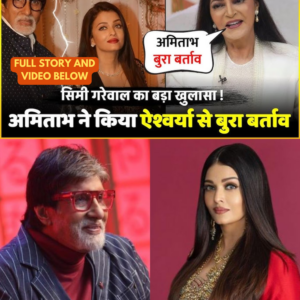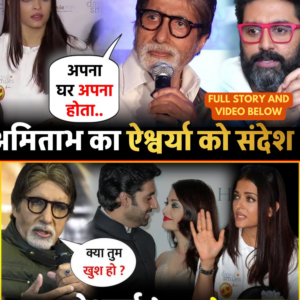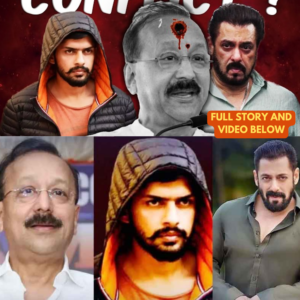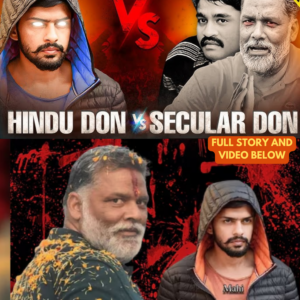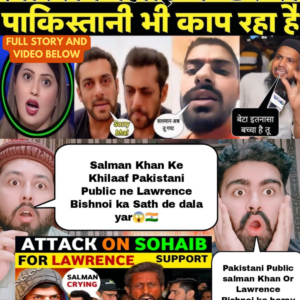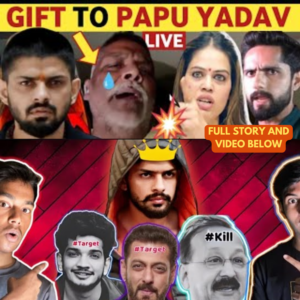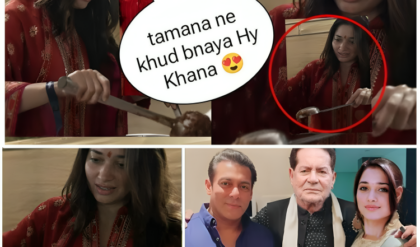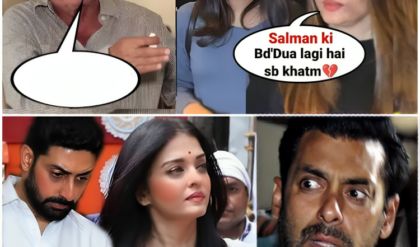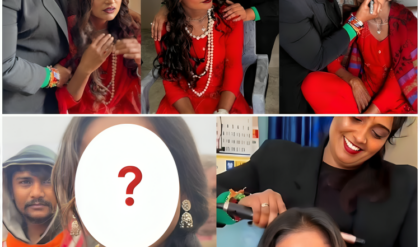Baba Siddiqui vs Lawrence Bishnoi | Game Over For Bollywood?
In recent news, the shocking assassination of Baba Siddiqui has raised significant questions about the intertwined worlds of Bollywood and organized crime. Known for his influential role in mediating conflicts among major film stars, Siddiqui’s life resembled the characters portrayed in many popular films. His ability to bring together rival actors, like Shah Rukh Khan and Salman Khan, made him a notable figure in both the political and entertainment arenas.
Siddiqui, a former Congress leader, served multiple terms as a Member of the Legislative Assembly (MLA) from Bandra West. His political career was marked by significant achievements, including his tenure as the Minister of State for Food and Civil Supplies. Despite his political prowess, it was his connections to Bollywood that truly defined his legacy, drawing attention from media and fans alike.
His annual Iftar parties were a highlight of Mumbai’s social calendar, frequented by a mix of Bollywood celebrities and political heavyweights. The 2013 Iftar gathering, in particular, became iconic when Siddiqui successfully reconciled the long-standing feud between Shah Rukh Khan and Salman Khan, demonstrating his unique position as a bridge between these two titans of the film industry.
However, Siddiqui’s recent assassination, linked to notorious gangsters like Dawood Ibrahim and Lawrence Bishnoi, has unveiled a darker side of his connections. This shocking act of violence not only led to widespread fear but also prompted discussions about the underbelly of the Bollywood industry and its alleged ties to organized crime.
As investigations unfold, many are speculating that the inquiry into Siddiqui’s death could reveal intricate relationships between Bollywood figures and the criminal underworld. The potential exposure of these connections raises questions about the safety and integrity of those involved in the film industry.
Baba Siddiqui’s political journey began in earnest when he was introduced to politics by the late actor Sunil Dutt, who helped secure his MLA ticket in 1999. Despite facing electoral challenges, including a loss in 2014, Siddiqui maintained his influence and was even offered a Rajya Sabha seat by Tejashwi Yadav earlier this year.
Siddiqui’s charisma and connections extended beyond the political sphere, as he became a notable figure in various high-profile events, making him a household name. His role in Bollywood wasn’t just about mediation; he was deeply embedded in the social fabric of the industry.
The sudden loss of Siddiqui has left a vacuum, prompting discussions about who might fill his shoes in this intricate game of power and influence. The evolving dynamics within both the political landscape and Bollywood will be closely watched in the aftermath of his assassination.
In conclusion, Baba Siddiqui’s life and death highlight the complex interplay between politics, celebrity culture, and crime in Mumbai. As the investigation progresses, it remains to be seen what revelations will come to light, potentially reshaping the narratives of both Bollywood and its political connections. His legacy serves as a reminder of the risks that come with power in a world where fame and danger often go hand in hand.
News
Amitabh Bachchan behaved badly with his daughter-in-law Aishwarya Rai | Amitabh IGNORE Aishwarya Rai
In recent weeks, a wave of speculation has emerged suggesting that all may not be well between former Miss World Aishwarya Rai and the iconic Bachchan family. This speculation has captured the attention of fans and the media, as rumors…
Amitabh gave a message to daughter-in-law Aishwarya Rai, said “No matter how your house is, it is yours”
Amitabh Bachchan, the iconic figure of Indian cinema, has a longstanding tradition of engaging with his audience through social media. He often shares reflections on his life, career, and personal philosophies. Recently, a particular post of his has stirred significant…
Salman Khan vs Lawrence Bishnoi | Why it is Happening? |
Salman Khan vs Lawrence Bishnoi | Why it is Happening? | The tension between Bollywood superstar Salman Khan and gangster Lawrence Bishnoi has become a hot topic in recent news. This clash is not just a simple feud; it embodies…
Lawrence Bishnoi Vs Pappu Yadav | Bishnoi Targets Anti-India Mafia?
In the ever-evolving landscape of India’s criminal underworld, a new chapter is unfolding, marked by the dramatic confrontation between notorious gangster Lawrence Bishnoi and the infamous Bihar don, Pappu Yadav. This rivalry has escalated recently, with Bishnoi’s gang issuing a…
LAWRENCE BISHNOI VS SALMAN KHAN, PAKISTANI PUBLIC REACTION AFTER NADEEM KHAN VIRAL VIDEO, REAL TV
The recent controversy involving Bollywood superstar Salman Khan and Lawrence Bishnoi has sparked intense discussions across communities, especially concerning allegations of animal cruelty. The speaker, representing a particular community, emphasizes that if there is evidence that Khan has harmed a…
LAWRENCE BISHNOI’S DIWALI GIFT TO PAPU YADAV LIVE, AFTER NADEEM KHAN & SALMAN KHAN, LATEST NEWS
In a recent live discussion, significant attention was drawn to the ongoing tensions surrounding Pappu Yadav and Lawrence Bishnoi, especially in light of recent developments involving prominent figures like Nadeem Khan and Salman Khan. The speaker began by addressing the…
End of content
No more pages to load
